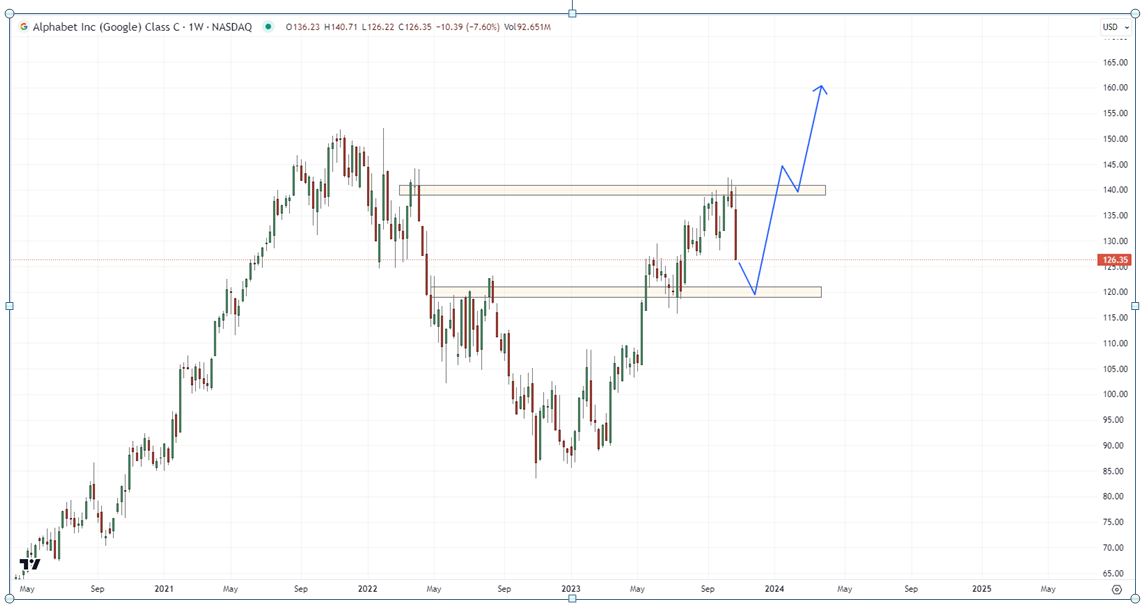
In the era of digitization, money is evolving into something beyond physical cash and traditional banking systems. Welcome to the world of cryptocurrencies, where digital money is making its mark. This guide aims to unravel the mysteries of cryptocurrency for the curious minds out there. Start your journey to financial enlightenment by visiting immediatefuture.io today to gain control over your financial future!
What is Cryptocurrency?
Cryptocurrency is a digital or virtual form of money that relies on cryptographic techniques for secure transactions. It all began with the inception of Bitcoin in 2009 by an anonymous entity known as Satoshi Nakamoto. Key characteristics of cryptocurrencies include decentralization, security, and transparency. Unlike traditional currencies issued by governments and central banks, cryptocurrencies operate on a decentralized ledger called the blockchain.
How Cryptocurrency Works
Cryptocurrencies employ complex cryptographic techniques to ensure secure and transparent transactions. Every transaction is recorded on a public ledger called the blockchain. Miners validate and add transactions to the blockchain through a process known as mining, which involves solving complex mathematical puzzles. Popular consensus mechanisms for securing the blockchain include Proof of Work (PoW) and Proof of Stake (PoS). Users store their cryptocurrencies in digital wallets, which come in various forms such as software wallets, hardware wallets, and paper wallets.
The Use Cases of Cryptocurrency
Digital Gold: Investment and Store of Value
Cryptocurrencies like Bitcoin have gained popularity as digital gold. Investors view them as a hedge against inflation and a store of value, similar to gold or other precious metals.
Peer-to-Peer Transactions
Cryptocurrencies enable direct peer-to-peer transactions without the need for intermediaries like banks. This feature makes cross-border payments and remittances more efficient and cost-effective.
Smart Contracts and Decentralized Applications (DApps)
Ethereum, a leading cryptocurrency, introduced the concept of smart contracts. These self-executing contracts enable automated and trustless agreements. DApps are decentralized applications built on blockchain technology, offering various services beyond financial transactions.
Remittances and Cross-Border Payments
Cryptocurrencies facilitate international money transfers, eliminating the need for traditional banking systems, which can be slow and costly.
Fundraising through Initial Coin Offerings (ICOs)
Startups and projects raise capital through ICOs by selling tokens to investors. This method of fundraising has gained significant attention in recent years.
Risks and Challenges
Volatility and Price Fluctuations
Cryptocurrency markets are highly volatile, and prices can experience significant fluctuations in a short period. Investors should exercise caution.
Regulatory Concerns
Governments worldwide are grappling with how to regulate cryptocurrencies. Changing regulations can impact the cryptocurrency market.
Security Risks and Scams
Cryptocurrency transactions are irreversible, making users vulnerable to scams and hacks. It’s crucial to practice good security hygiene and use reputable wallets and exchanges.
Environmental Concerns
Some cryptocurrencies, like Bitcoin, consume significant amounts of energy due to the PoW mining process. This has raised environmental concerns.
Market Adoption and Future Prospects
Cryptocurrency adoption is still in its early stages, and its future remains uncertain. Market sentiment and technological advancements will play a significant role in shaping its trajectory.
Getting Started with Cryptocurrency
Choosing a Cryptocurrency Exchange
Select a reputable cryptocurrency exchange that aligns with your needs. Research fees, security measures, and available cryptocurrencies before making a choice.
Setting Up a Wallet
Securely set up a cryptocurrency wallet to store your assets. Consider using hardware wallets for added security.
Buying Your First Cryptocurrency
After setting up your wallet, purchase your first cryptocurrency through the chosen exchange. Start with a small investment until you become more comfortable with the process.
Security Best Practices
Protect your investments by practicing strong security measures. Use two-factor authentication (2FA), avoid sharing sensitive information, and stay informed about potential scams.
Staying Informed and Engaging with the Community
Cryptocurrency is a rapidly evolving space. Stay informed about market developments, technology upgrades, and community discussions by following reputable news sources and engaging with online forums.
Conclusion
In conclusion, cryptocurrency represents a revolutionary shift in the way we think about and use money. Its potential applications extend far beyond financial transactions, impacting various industries and sectors. While it comes with risks and challenges, understanding the fundamentals and practicing responsible investment can help you navigate this exciting digital frontier.
As cryptocurrency continues to evolve, staying curious and informed will be your greatest asset in this brave new world of digital money.
Write and Win: Participate in Creative writing Contest & International Essay Contest and win fabulous prizes.


